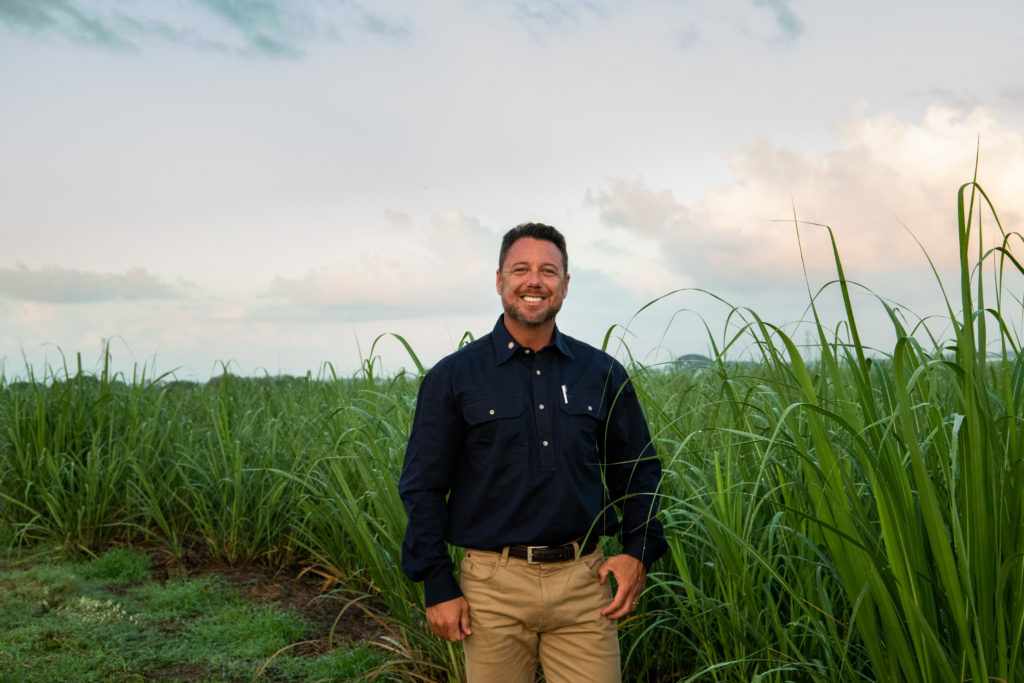Report shows no need for Reef Regs

Hinchinbrook MP Nick Dametto says the 2019 Reef Water Quality Report Card proves farming practices were already becoming more efficient and sustainable.
RESULTS from the 2019 Reef Water Quality Report Card prove the State Labor Government’s farm-destroying Reef regulations were unnecessary, says Hinchinbrook MP Nick Dametto.
Mr Dametto said the report card, released Wednesday, assessed the results of all Reef 2050 Water Quality Improvement Plan actions reported up to June 2019 and showed there was already encouraging progress.
“The report shows there was a 4.3 per cent reduction in dissolved inorganic nitrogen which is a cumulative decrease of 25.5 per cent since 2013,” he said.
“If you talk to experts like Professor Peter Ridd, it’s debatable what impact inorganic nitrogen runoff from farms has on the Reef, but even so, I think this report demonstrates that farming practices were already becoming more efficient and sustainable before the government’s unnecessary Reef regulations came into effect in December 2019.”
The report card also showed that the Burdekin and Wet Tropics regions recorded the largest increase in best practice nutrient management for sugarcane, up 6.3 per cent and 6.1 per cent respectively.
“Katter’s Australian Party knows that farmers are the real environmentalists when it comes to looking after the land. They don’t need Brisbane bureaucrats breathing down their necks like Big Brother telling them what they can or can’t do which is why I am drafting a Bill to repeal these draconian Reef regulations,” Mr Dametto said.
The key aims of the KAP’s Bill will be seeking to repeal heavy fines for growers if found in breach of environment regulations, repealing the government’s ability to force growers to provide an environmental impact statement if they want to crop an existing part of their farm they have cropped in the past, repealing government powers to demand information from any advisor or company working with cane farmers and repealing Reef water quality offsets that will limit crop expansion of sugar cane.
“It’s time to bring some balance back to our agricultural sector and give our farmers a fair bloody go,” Mr Dametto said.
“Government and departmental staff should be working with farmers, not against them.”





